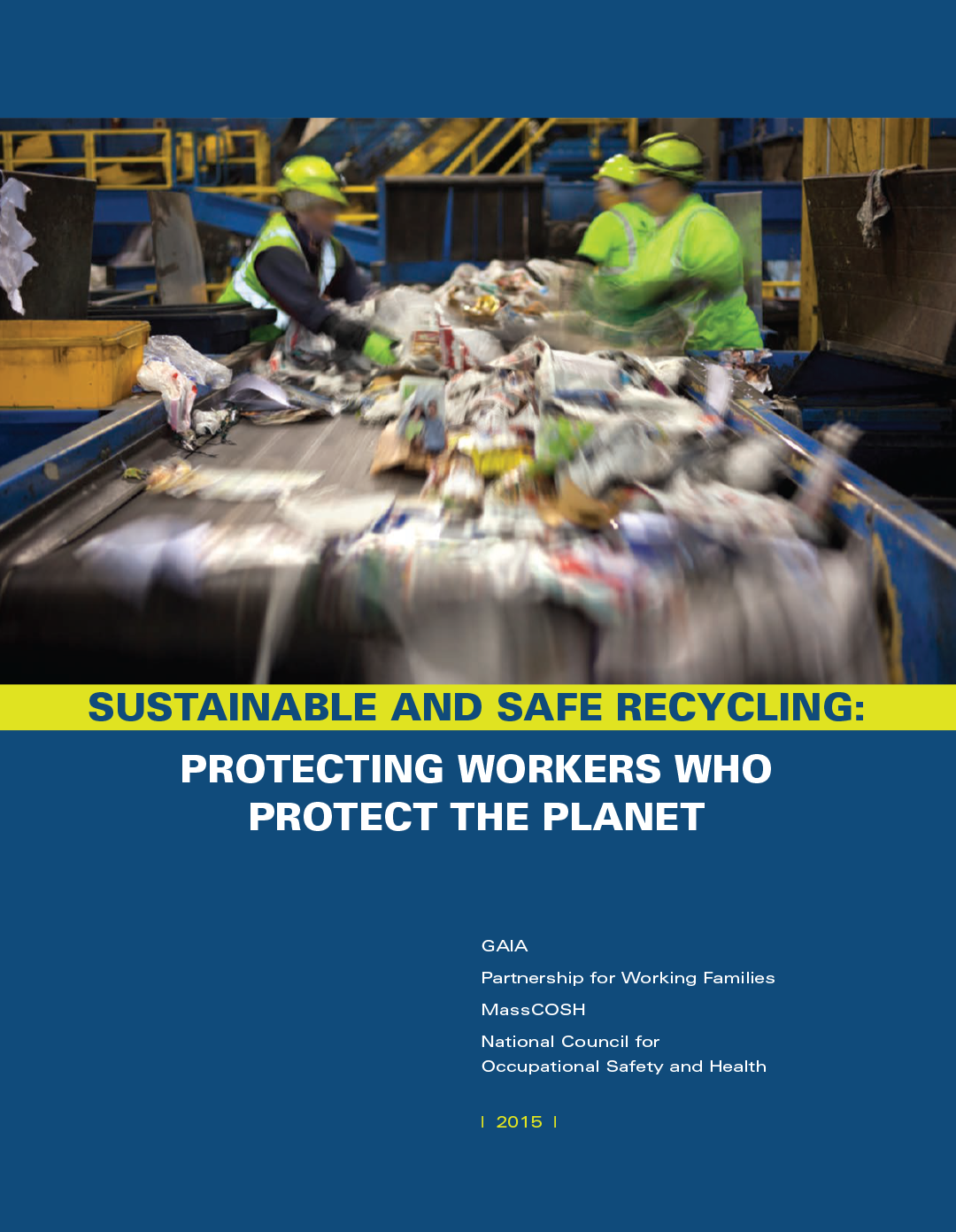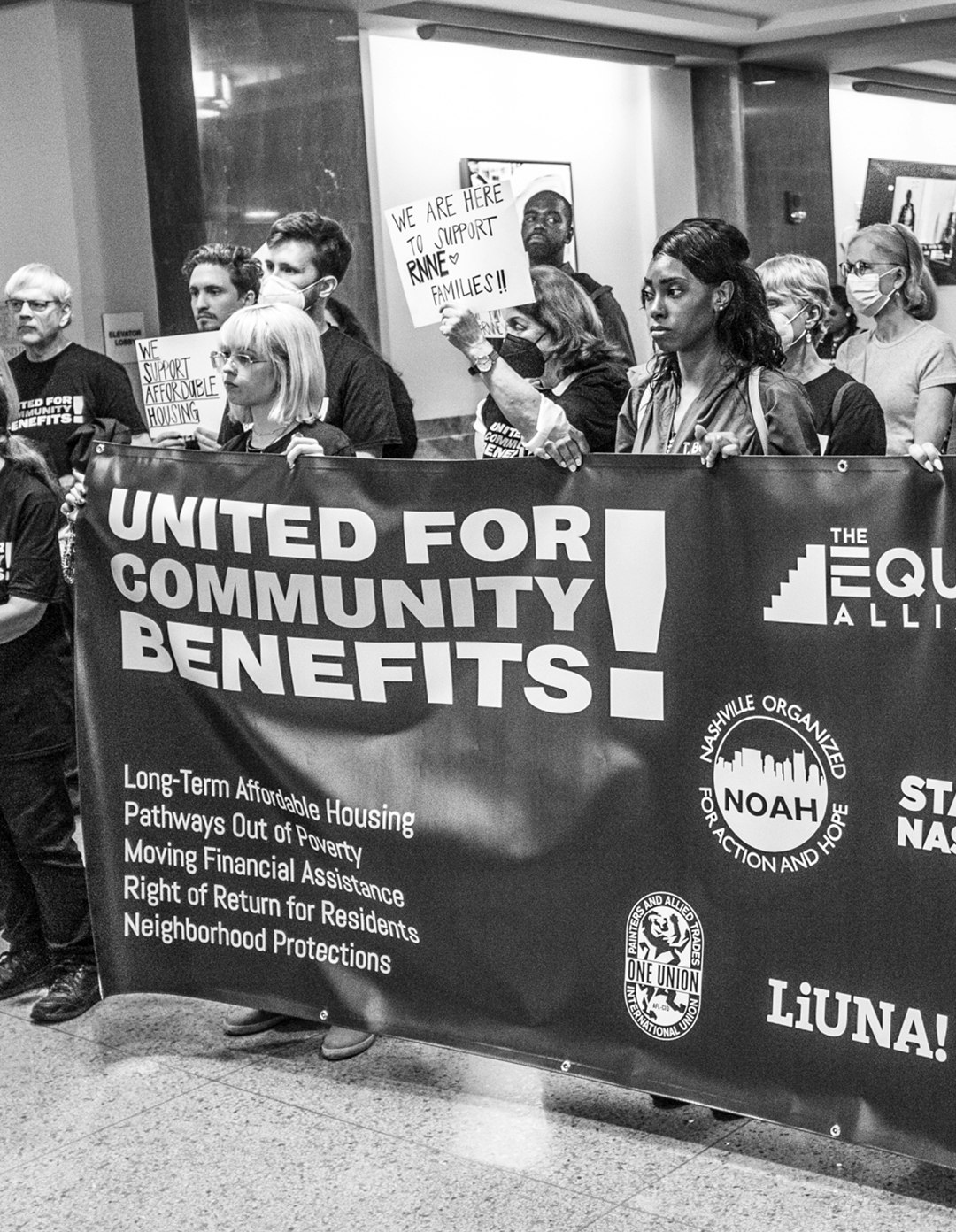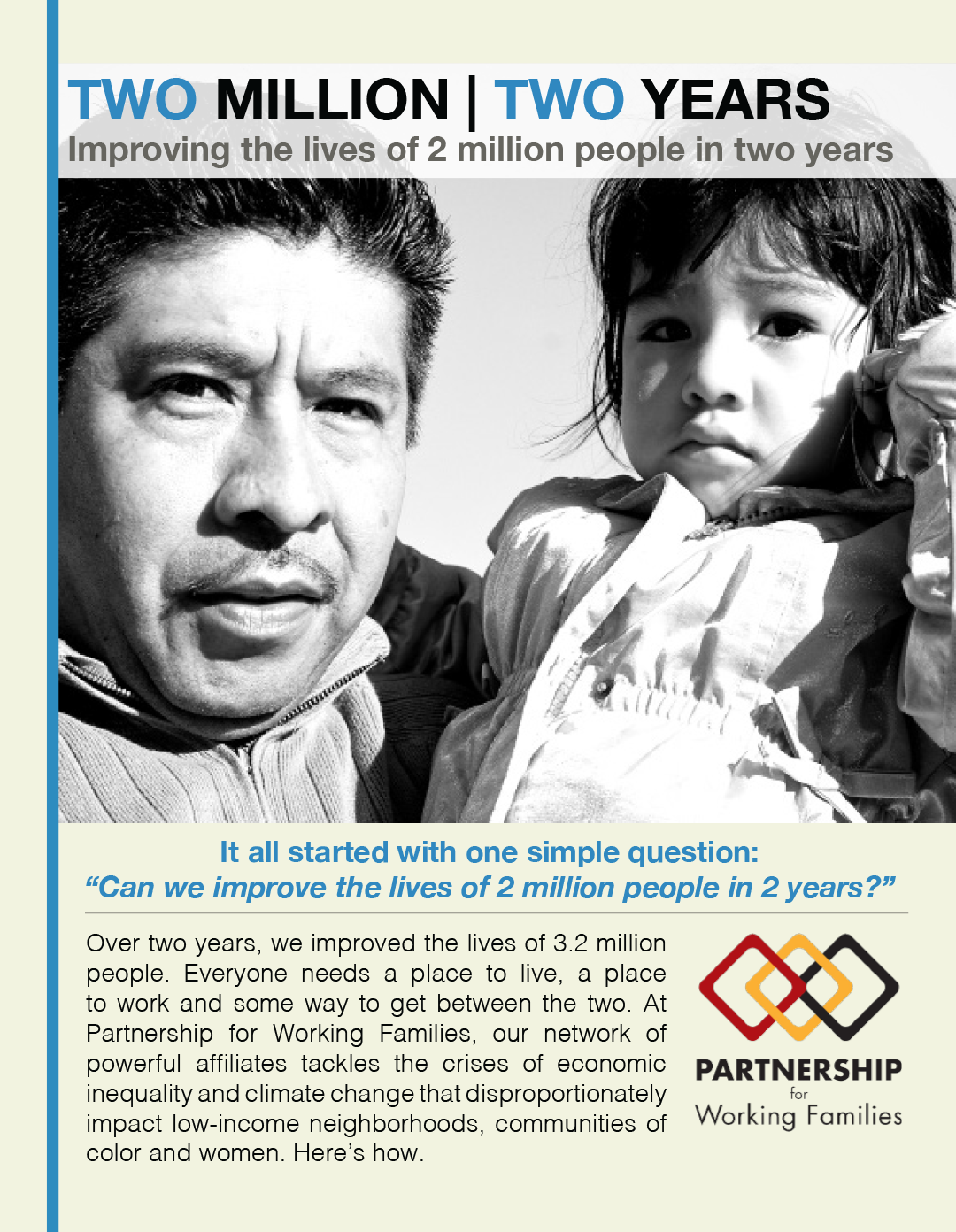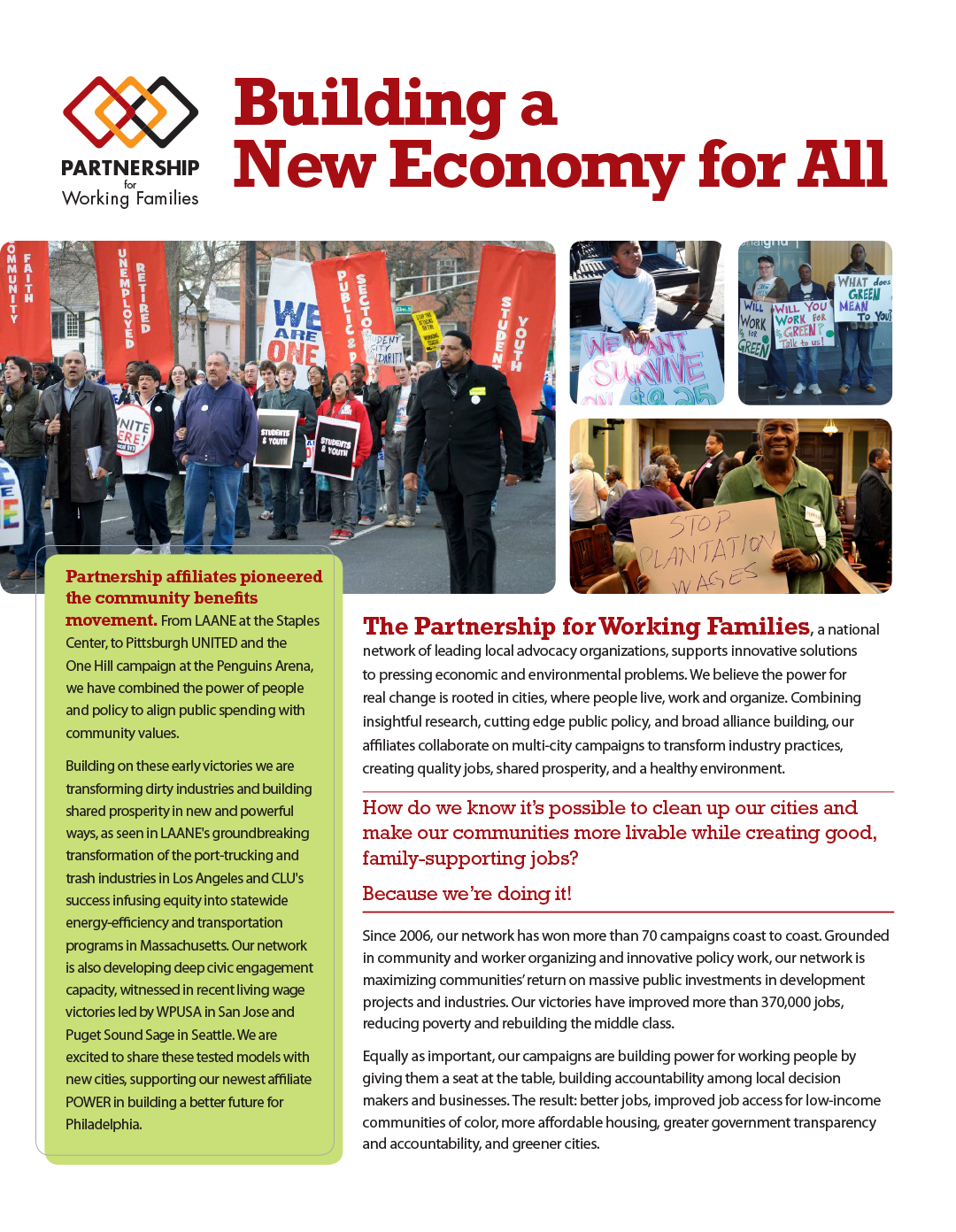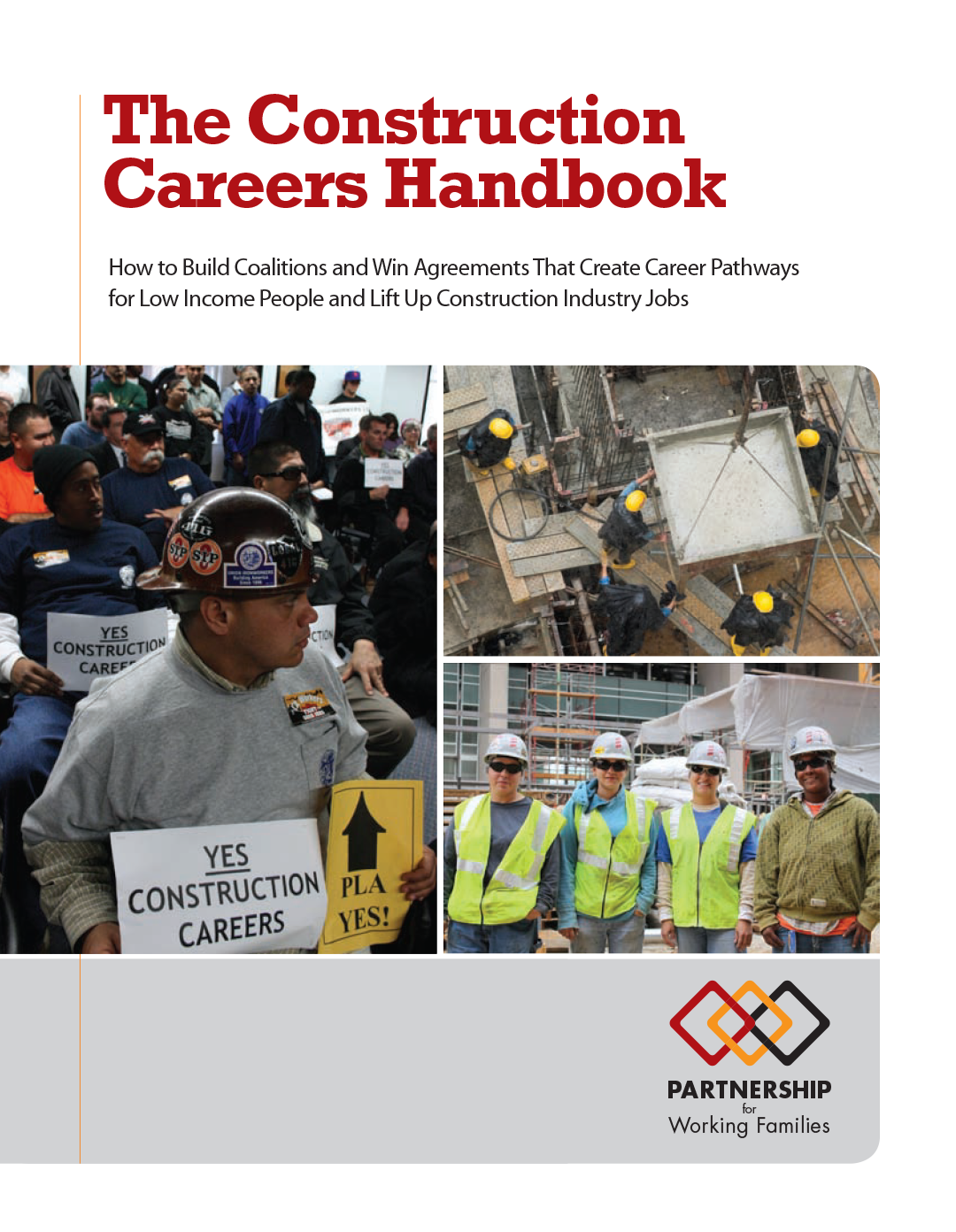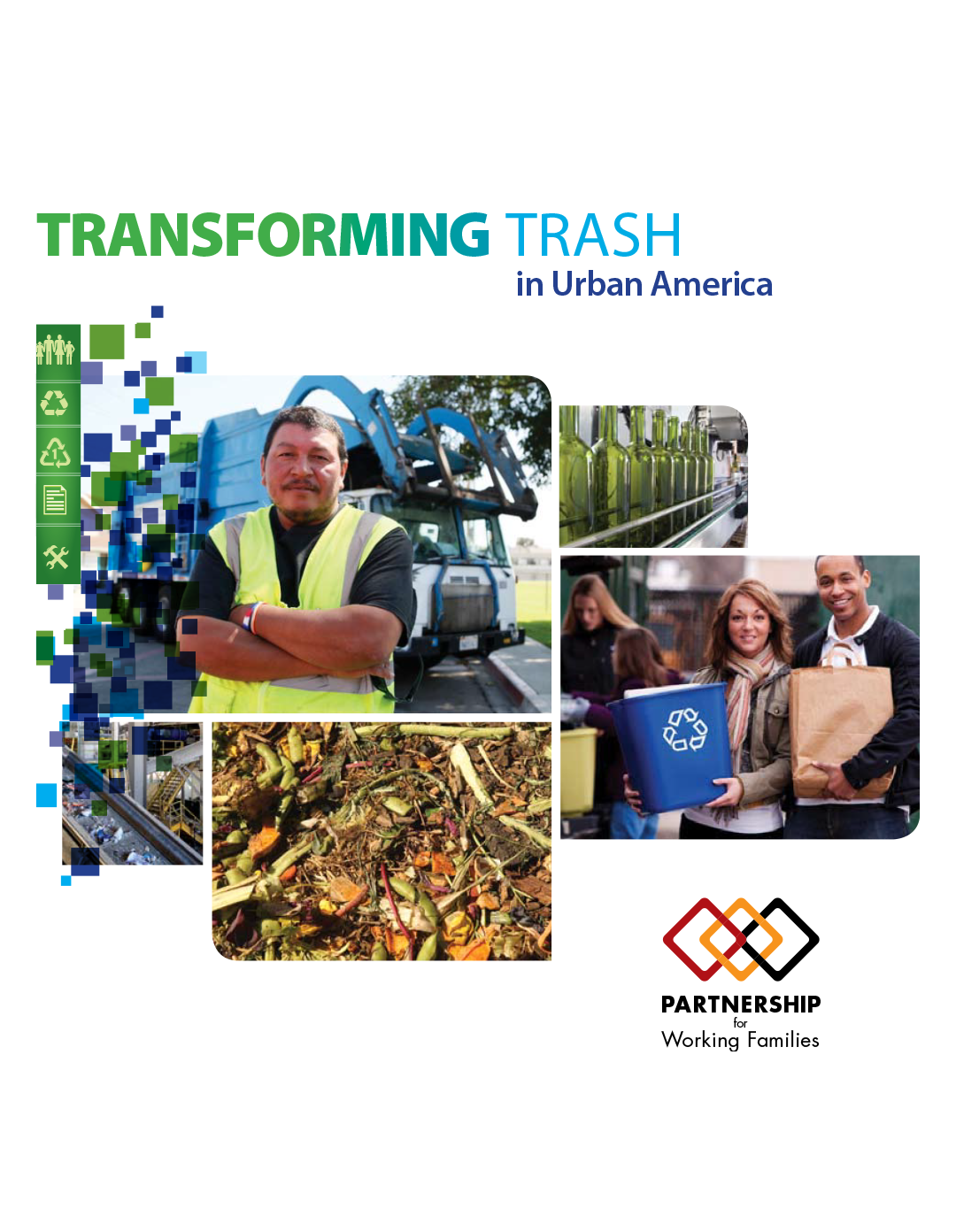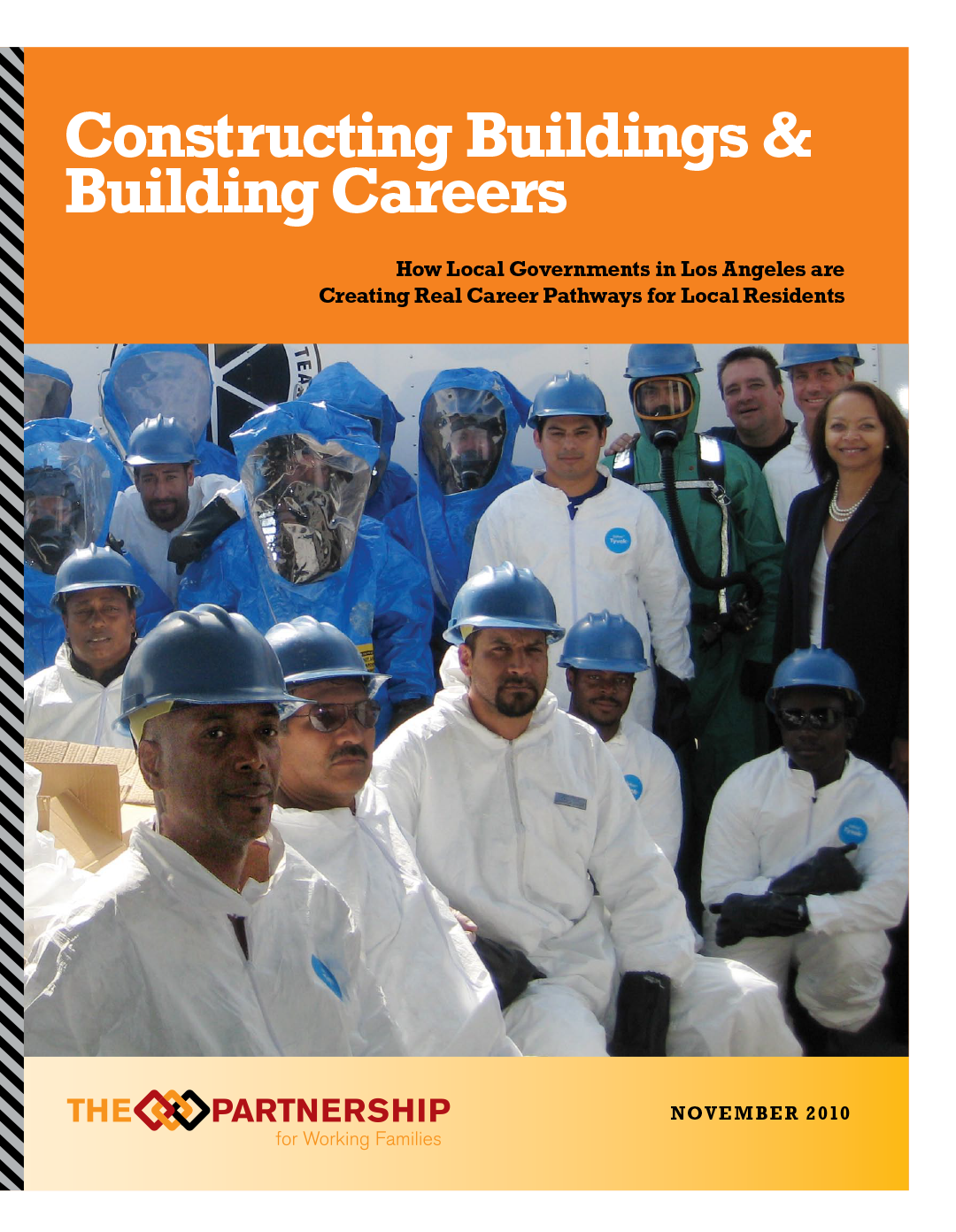Working together with researchers at the University of Illinois School of Public Health, occupational safety and health experts at the National Council for Occupational Safety and Health and MassCOSH, and environmental justice leaders at GAIA, we dug deep into the world of recycling workers. We found horrifying stories of injuries and fatalities, and troubling statistics about how often recycling workers get hurt on the job. The good news is that there’s plenty of action that cities can take to make recycling jobs good jobs. Here’s a few of our findings, click the report for more details.
- Recycling is the right thing to do, but we need to make it safe for recycling workers. Seventeen recycling workers died on the job between 2011-2013, and recycling workers are more that twice as likely to be injured on the job than the average U.S. worker. These high injury and fatality rates are a result of unsafe working conditions around heavy machinery, and exposure to hazardous items on the sort line, like hypodermic needles and toxic chemicals.
- Cities have the power to create good and safe jobs by contracting with recycling companies that maintain rigorous health and safety standards. Municipal best practicesalso include prohibiting the use of temporary employees -- who are at the greatest risk of injury on the job -- and educating communities about correct separation of recyclable materials. Additionally, unionized workers enjoy more effective enforcement of these mandated health and safety protections.
- Across the U.S., community residents, sanitation workers, and environmentalists are working with local governments to create responsible recycling programs. In New York City, Los Angeles, and other cities across the country, these coalitions are successfully improving municipal and commercial recycling programs in ways that benefit the environment, workers and the communities they live in. Now it’s time for city leaders to build on these efforts by ensuring that recycling contractors adhere to high standards for worker safety and health, create good jobs in their communities, and reduce waste sent to landfills and incinerators.
